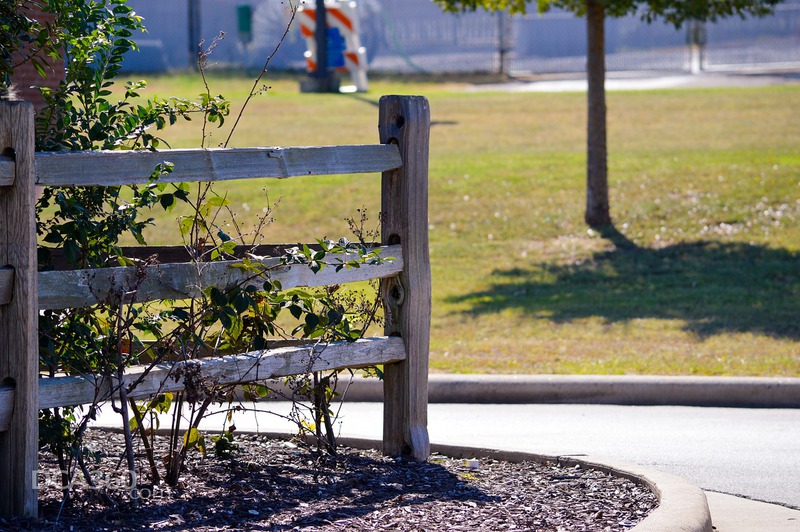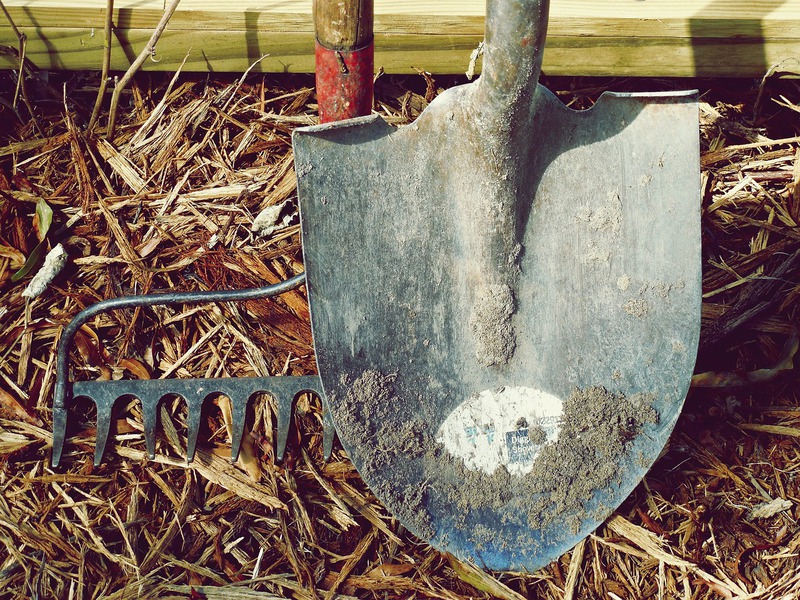The Importance of Mulching in the Winter

The Importance of Mulching in the Winter
Mulching during the cold winter season is actually an important part of your gardening. But why should you do it when nothing is growing outside?
We are going to be taking a look at why mulching thoroughly in the winter is the a good idea for your gardens and landscaping.
Why Should You Mulch Your Garden in the Winter?

The main reason that you should be mulching your garden in the wintertime is to keep the ground frozen by protecting it from the warm sun rays. Keeping the temperature in the ground consistent will keep your plants and shrubs in dormancy and prevent them from sprouting any new growth during short warm spells.
If your plants have new growth too soon, they will be too tender to live in most cases and just cause more winter die back. Also, mulching your gardens now will help you conserve the water that is already in the soil – just make sure that you water your garden beds up until the first frost of the year.
When Should You Apply Mulch?
To prevent heaving, which is the ground expanding and contracting when the ground freezes and thaws repeatedly, you should mulch once the top of the plants have died and the ground has frozen for the first time. This is because a plant sitting in heaving ground will have its roots loosened and eventually it will be pushed through the surface, causing it to freeze and die.
In order to stop erosion from happening, which is especially important for your veggie gardens, you can mulch this area anytime during the mid to late fall. Typically, people will plant a winter cover crop and let it sit until you till it under in the spring. However if you choose not to do that, it is still a good idea to spread out a layer of compost.
A lot of your evergreen trees and plants can become destroyed by strong, harsh winds in the winter. To protect them, you can insulate them with between 2-4 inches of compost or shredded bark mulch in the late fall or early winter. This will conserve the moisture in the ground and help prevent dangerous winds from destroying the plants.
Last but not least, you can use mulch to protect the surface roots and the crowns of your plants. This is ideally done once the soil has started to harden at the beginning of the winter, after the first killing frost. Once it is time for this mulching, you will want to spread a few inches of mulch around the base of your plants. If you have any grafted plants, mulch them a little more heavily than the others.
What Types of Mulch are Best?

Now that you know when to mulch your garden for various purposes, let's discuss the types of mulch you should be using.
If you live in an area that gets a lot of snow, this is a fantastic natural mulch for your plants. Snow is actually a fantastic insulator and does a wonderful job of protecting your plants.
You can also use pretty much any loose, insulating material for mulch as well. This will just need to be removed in the spring, or at least raked away from the plants. Because of this you will want to choose a material that is easy to handle and move around. Some of our favorites are shredded leaves, shredded mulch, straw, or even evergreen pine needles.
One last option is to use the cut boughs of your Christmas tree, if you don’t experience a frost before the holiday.
Our Final Thoughts on Mulching in the Winter
Once the winter season is over, you can remove all the winter mulch. You will just want to make sure that all chances of frost have passed.
If you do need additional assistance with your mulching, feel free to contact Homescape Now today for help! What are your winter mulching plans?






